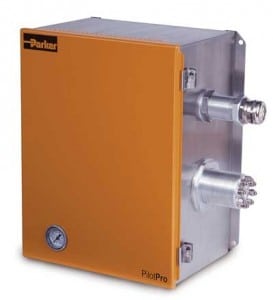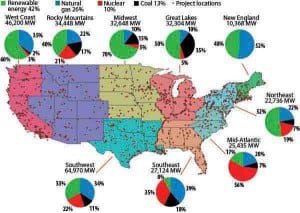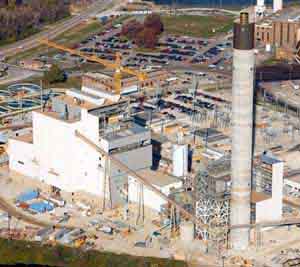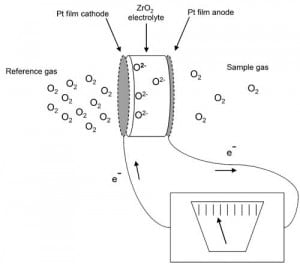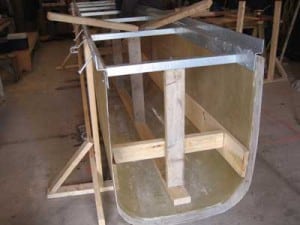Latest
-
News
Repairing Water Pipes with Ice Plugs
Facilities facing emergency plumbing repairs are typically forced to shut down and then drain the entire water system. RIDGID’s new SF-2500 SuperFreeze pipe-freezing unit is designed to avoid this costly and inconvenient process by quickly isolating sections of copper or steel pipe with ice plugs. Plugs are formed in as little as five minutes in […]
-
News
Plant Communication Link
Parker Hannifin’s Instrumentation Products Division introduced Pilot Pro, a new process sample conditioning system communications interface designed to provide a link between plant process control operations and analyzer maintenance networks, regardless of where the two are located. A sensor and solenoid administration module, Pilot Pro is designed to acquire, transmit, and manage real-time sample system […]
-
Coal
Nation’s NOx Emissions Continue to Drop While Court Reinstates CAIR
In a major decision aimed at preserving the air quality benefits of the program, a federal court on December 23 modified its July 11 decision to throw out the Environmental Protection Agency’s (EPA’s) Clean Air Interstate Rule (CAIR).
-
Commentary
Tough Challenges Face the U.S. Power Industry in 2009
The new U.S. president will have a new set of priorities and regulatory policies that will affect the production and generation of electricity. The specifics of the new administration’s energy policy priorities were scant when this article was written, pre-inauguration, but the industry’s challenges are fairly well defined.
-
Commentary
Avoiding the Green Chill
By Roger Feldman
Public-private partnerships are a key to preventing a chill from settling over the green ambitions of the newly capital-strapped state and municipal public sectors. -
Coal
Designing New Composite Stack Liners
The 200-MW Dallman Unit 4 under construction in Springfield, Ill., is expected to cost approximately 20% less to operate per megawatt-hour than the most efficient of the three existing Dallman units. A composite stack liner is one element enabling that cost savings.
-
Coal
Conquering Insurance Obstacles for Carbon Sequestration Technologies
Whatever type of carbon-limiting regulations the U.S. faces in the future, they will affect the ability of the insurance industry to offer economic insurance options to the power industry.
-
Coal
A New Instrument for In Situ SCR NOx Measurement
A zirconium oxide sensor technology originally developed for automotive applications could make in situ, simultaneous measurement of O2 and NOx a breeze for coal-fired power plants.
-
Coal
Custom FRP Trench Drains Speed Up FGD System Installation
The flue gas desulfurization process requires the use of aggressive liquids that significantly shorten the life of typical construction materials such as metals and concrete. That makes fiberglass-reinforced plastic (FRP) the material of choice for many components in a typical flue gas desulfurization (FGD) system.
-
Commentary
Renewable Projects Hit Brick Wall
Dr. Robert Peltier, PE
One of the key campaign promises made by our new president was that his administration would create five million new “green” jobs by spending $150 billion dollars over the next 10 years. There are serious and substantial reasons that this level of job creation won’t happen in the near future.


